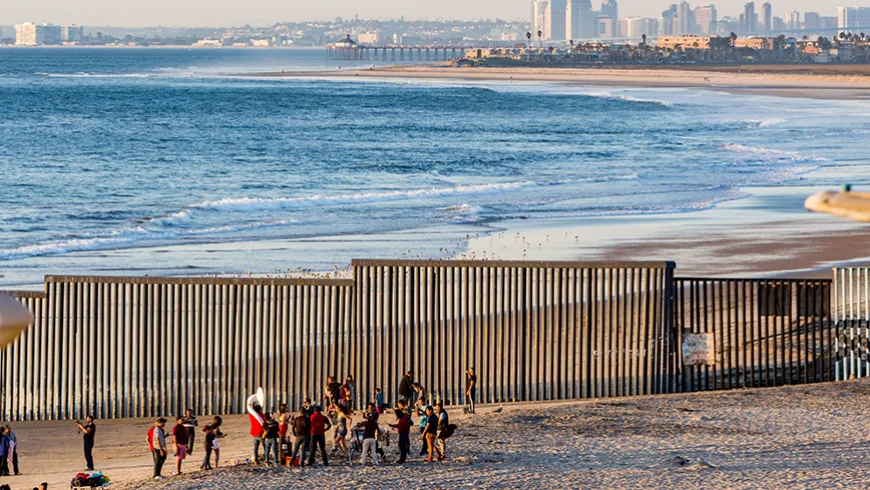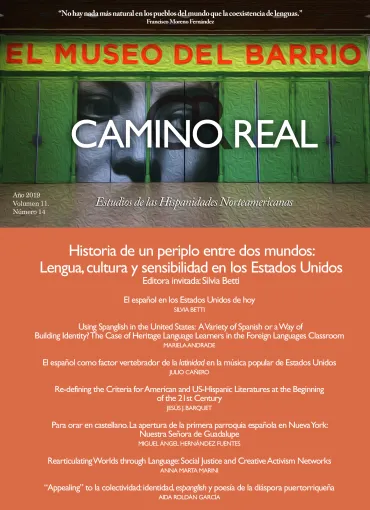
For ethnolinguistic and sociocultural groups, language undeniably represents a fundamental mean of shared expression and construction of meaning. In the US, just language practices have been emerging as a form of resistance opposing the dominant monoglossic Anglo culture and its patterns of imposed assimilation of ethnolinguistic minorities. Connected to the Spanish-speaking communities, language justice activism promotes social equality, as well as the creation of translingual spaces and the thriving of an articulated network of social actors engaging local communities. ¹e range of related activities results particularly adequate and fruitful in transnational, borderland contexts, fostered by binational collaborations and cooperation among art collectives.



